Are you an Air Force veteran victimised by the State purge following the 1982 failed coup or you are a former political detainee considering court-ordered compensation.
Better move fast if you want justice; in the case of the failed coup and purge, you may never get justice though it's a principle in law that there is no limit on seeking justice for human right violations.
The High Court has declined to give any compensation to a Kenya Air Force veteran who was arrested, savagely tortured and dismissed from the service for an alleged involvement in the failed coup.
He denied involvement and wanted Sh10 million compensation for a year of torture and human rights violations.
The court said that the long delay disadvantages the government in defending the case because vital documents they could use have been destroyed or lost over time.
The position of the court questions the principle in law that violations against human rights does not expire and can be pursued as long as it takes.
In the case, Michael Kipsigei Ngéno said he was a former Kenya Air Force member who enlisted on September 5, 1969, and was stationed in Nanyuki.
On August 1, 1982, officers from an outfit called 82 Air Force arrested and disarmed him while he was on duty, alongside other service men and took them to Kingóngó Prison.
At King’ong’o Prison, Ngéno said, the men were stripped naked and officers from the defunct special branch beating them. He said they threatened to shoot him dead, as they had some of his colleagues who were fatally shot as they stood next to him.
Ngéno's court papers read: “He was then taken to Kamiti Prison and kept in solitary confinement, put in a waterlogged cell with water that reached knee length, was denied food and beaten as he underwent a five-day interrogation.”
He was taken to Naivasha Maximum Security Prison where beating by army officers, wardens and secret agents intensified. He was locked in a solitary room without light or ventilation for two weeks. He would defecate, urinate and sleep in that cell.
His family did not know of his whereabouts or if he was dead or alive for the whole year he was in custody.
He was released on March 22, 1983, and informed his services were no longer needed. This was done through the entity called 82-Airforce, the documents read.
He was required to report weekly to the local chief and seek clearance whenever he wanted to leave his village.
But the attorney general defended the case on grounds that so much time had elapsed as to make the claim invalid, even if the man experienced what he alleged.
The Attorney General, through Major Emmanuel Wandera. argued the man had admitted participating in the failed coup, a claim Kipsigei denied.
“The Respondent alleged that the petitioner had admitted participating in the failed 1982 coup by obeying orders, drawing arms from the armoury and undertaking unlawful patrols in furtherance of the coup,” the court papers read.
He also denied the claims of torture by Kipsigei, asserting that any arrest was lawfully done and that everything he endured was lawful, according to the previous Constitution that did not accord military service members are claims to human rights.
“The Respondent averred the [retired] Constitution of Kenya limited the rights and freedoms of members of the armed forces in Section 86(4) ... where it provided nothing contained in or done under authority of disciplinary law in relation to [them] would be held to be inconsistent with or in contravention of any provisions of Sections 71, 73 and 74 of the that Constitution,” that statement read.
Wandera, for the AG, also denied existence of any entity called 82 Air Force.
In the end, the judge determined on July 14 that the claims by the former serviceman were not merited and threw out the action.
Chronicling the country’s reform journey, the judge questioned why it took Kipsigei so long to submit the petition.
“The question therefore is: as Kenya went through these transformative epochs starting with the year 2003 and then 2010 which heralded the new dawn, where was the Petitioner? What prevented him from seeking justice for the events of 1982 to 1983? Does he have any good reason for not seizing the earliest opportunity to raise these grievances?”
He added, “A prolonged delay may disadvantage someone from defending a case even when they would have proffered a good defence on merit. It happens that sometimes it is difficult to obtain documents to confront the case many years after the incident took place. An example is where the records are gazetted and destroyed after a number of years.
"Delay therefore may be extremely ruinous to the opposite party that would have relied on such documents as they may never have anticipated that a dispute would arise after so many years. In any case, crucial witnesses may be no more, and if they are, their recollection may also not be sound.”





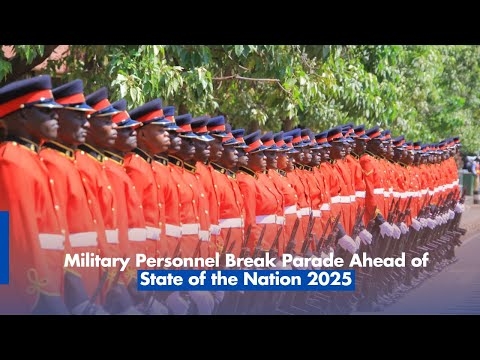
![[PHOTOS] Betty Bayo laid to rest in Kiambu](/_next/image?url=https%3A%2F%2Fcdn.radioafrica.digital%2Fimage%2F2025%2F11%2F3b166e2e-d964-4503-8096-6b954dee1bd0.jpg&w=3840&q=100)


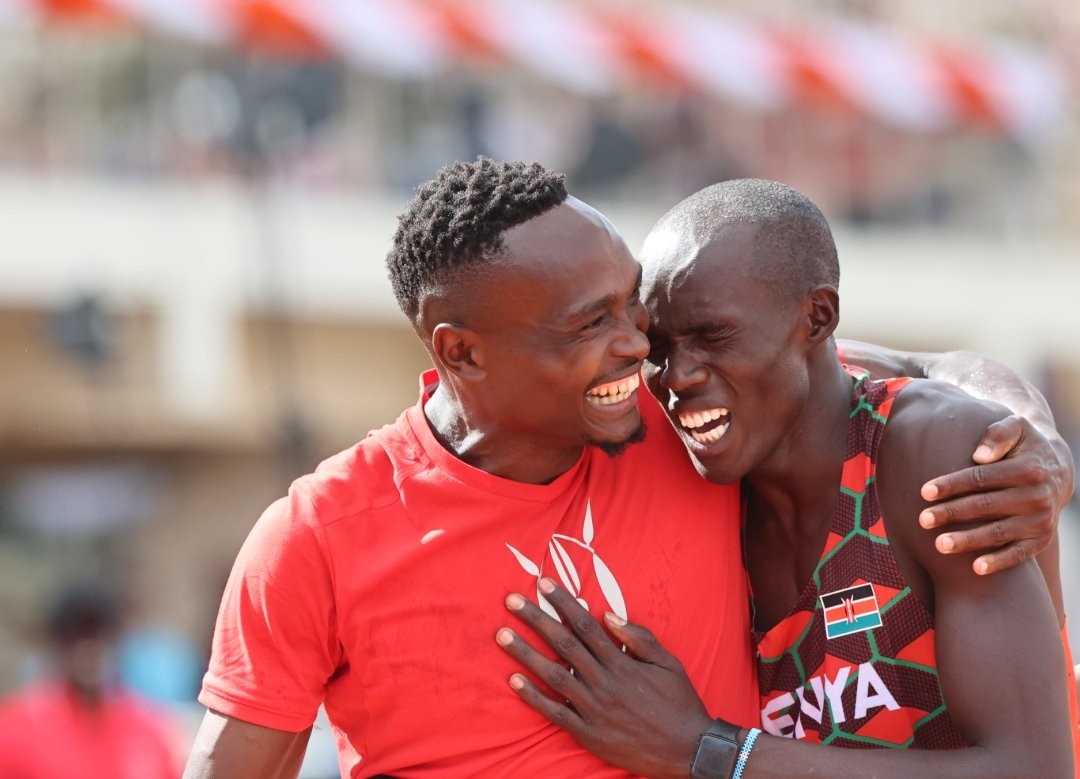
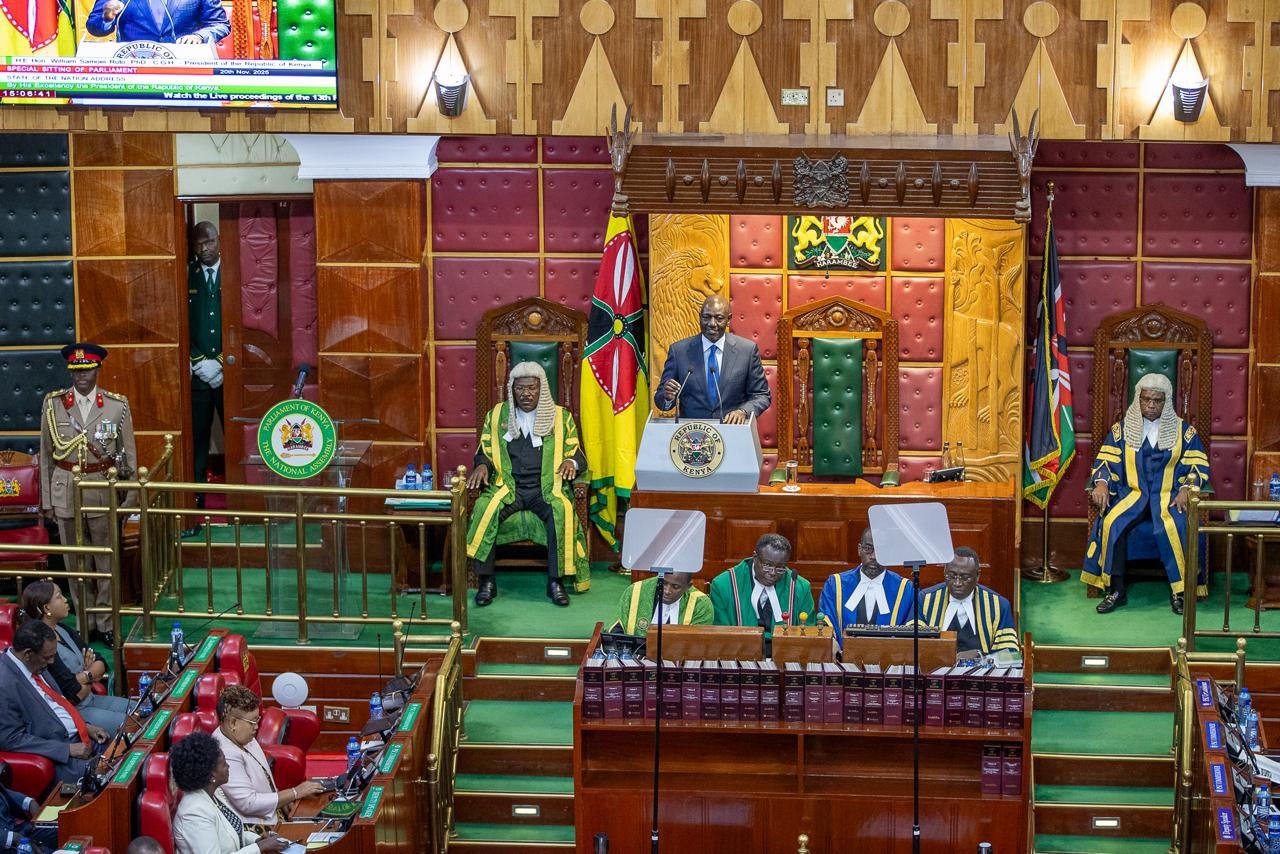

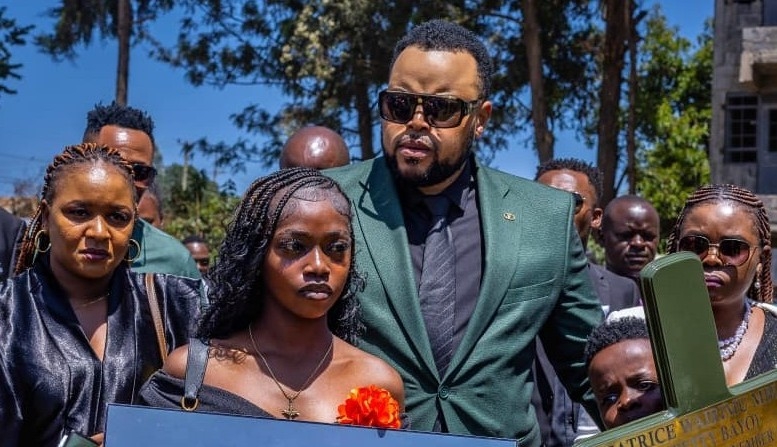
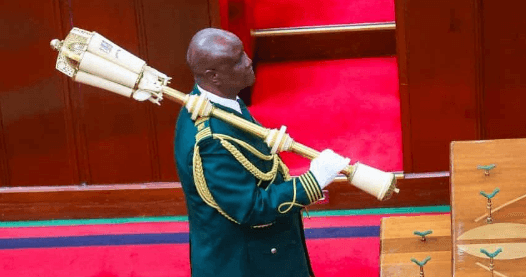
![[PHOTOS]Goons vandalise Nargis Restaurant in Westlands](/_next/image?url=https%3A%2F%2Fcdn.radioafrica.digital%2Fimage%2F2025%2F11%2Fa1c98f6c-2b1d-4b50-b112-1def4d93a193.jpeg&w=3840&q=100)

